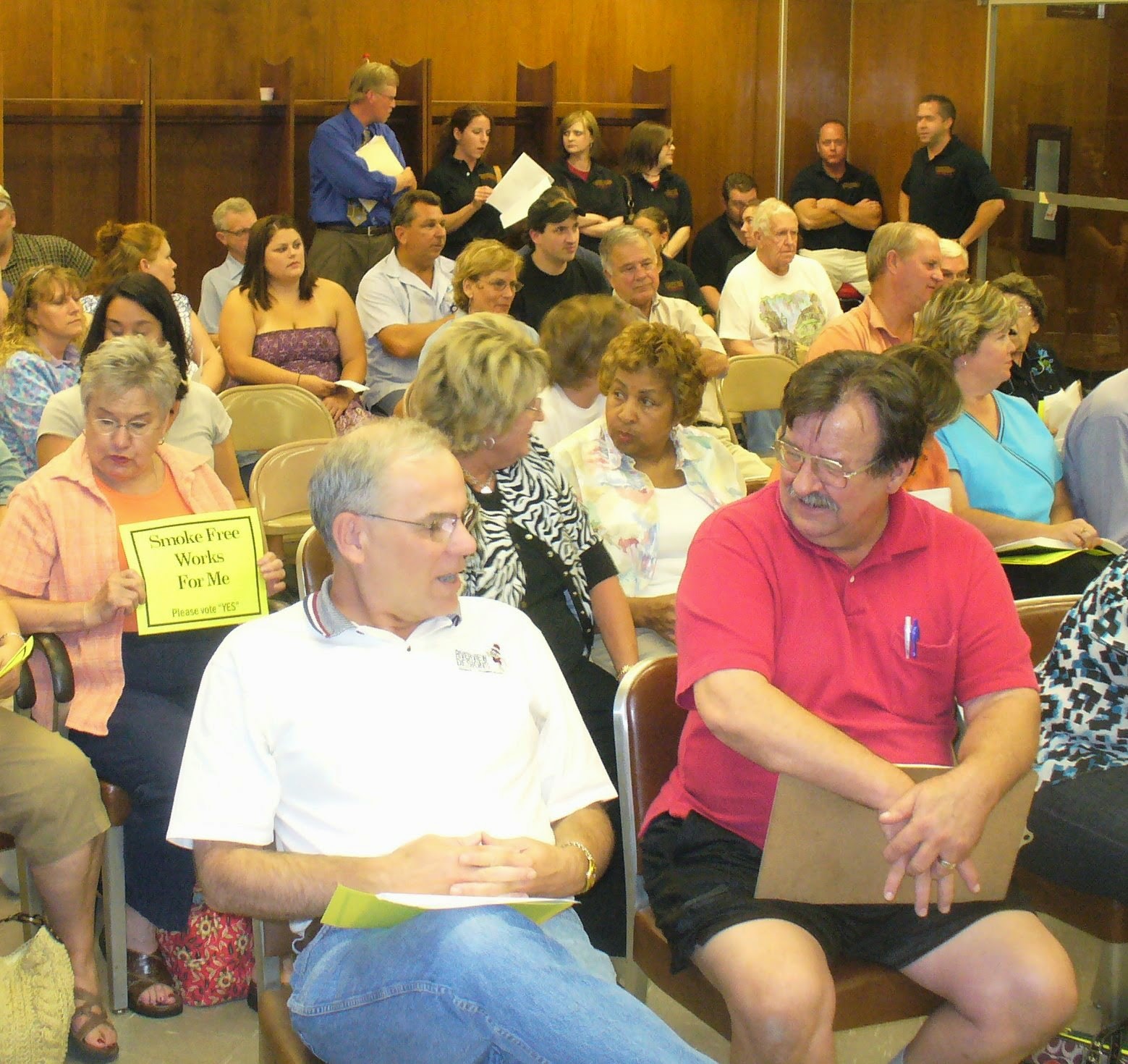As practiced in my lifetime, pop/rock is a strange beast.
From “hope I die before I get old” (the Who) to “live forever” (Oasis), there exists a certain fundamental conceptual incongruity, perhaps most notably as it pertains to originality. It’s only the beginning … and things will never be the same.
As a counter example, to follow a pro sports team for any length of time is to concede that personnel constantly will change. The team may play in a new stadium. It may move to a different city. I’ve been an Oakland A’s fan since roughly 1971, and I know from whence I speak. I’m no less of an A’s supporter now that almost 40 years have passed since the infamous spring when Reggie Jackson was traded.
In music itself, to admire Beethoven or Brahms is to acknowledge that you’ll not be seeing and hearing them conduct their own works, and yet generations of musicians provide pleasure by repeating their same notes, again and again, very far removed from the original time of their writing, and long since the writers have passed.
It’s true that when Louis Armstrong died, he took his virtuoso technique with him. At the same time, he’d probably outlived substantial portions of his chops, anyway. He was a different player at 65 than 25. Life works that way, as people like Mick Jagger might be able to corroborate.
In rock and pop, we like to judge the authenticity of musical aggregations by the number of original performers. The passing of time complicates this function. Granted, Roger Waters and Pink Floyd split without death intervening … but then Richard Wright died; so had Syd Barrett. Doesn’t the very notion of evolution suggests that we should focus on the element most appealing to us, strap in, and enjoy the ride for what it is, and what it’s becoming?
And so yes, for this guy, who’s been a fan of Chicago since somewhere around Chicago II (the age of 10, or thereabouts), and is quite familiar with personnel changes and the litany of reasons why they’re presumed to be bad via standard orthodoxy — the band hasn’t been the same since Kath died, Cetera’s ballad era sucked, now it’s just a covers band with the original horn section — take my word for it: This 2014 release, which I didn’t expect to see eight years after the previous collection of new material, isn’t the group’s best album ever. Far from it.
That’s why this is “Roger’s Year in Music.” It’s about what moved me.
Thus, in those occasional moments, as when the horns kick in on “Naked in the Garden of Allah,” some life remains in the Chicago machine, and the result is an amalgamation of all those fun times in the past. Perhaps Robert Lamm is the true indispensable element, although some day when he’s gone, there’ll still be a body of work, and pleasure to be derived from its recreation.
Long live Chicago.
—
Earlier this year, I wrote:
The group Chicago has a new album, and my guess is that whatever your opinion of the band, you weren’t expecting a song like this to be on it.
I like the song. Robert Lamm still can do that.
Of course, clips like this one are the real deal: Chicago – Live at Tanglewood (07/21/1970) [Full Concert]. Thanks to Ed for the link.












